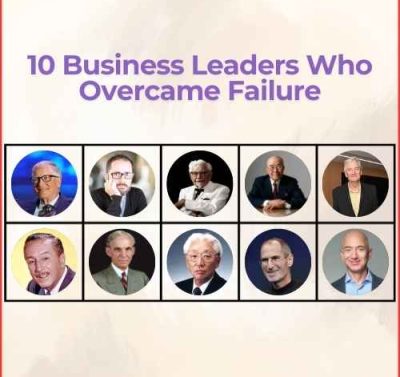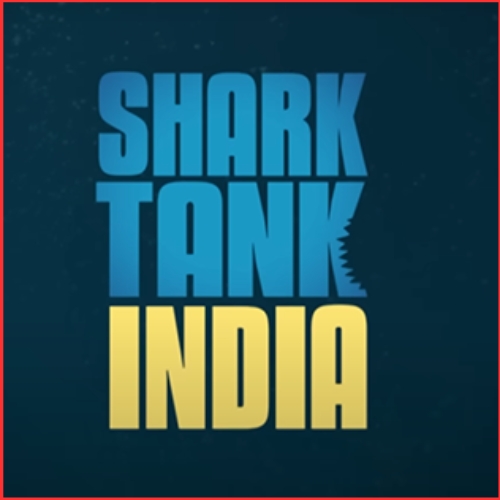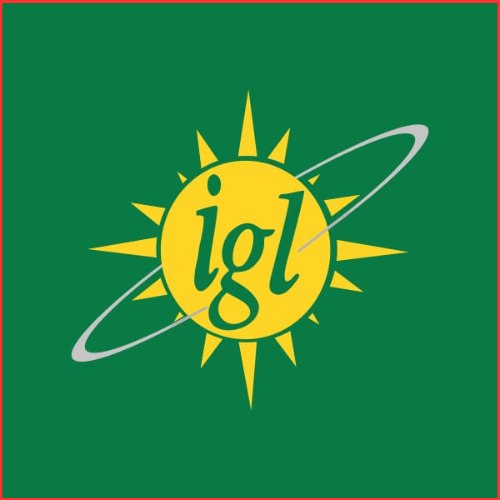Following the Russian war on Ukraine in March, H&M AB made the decision to begin closing down its business there.
After stopping all sales in Russia in March in response to Russia’s invasion on Ukraine, H&M AB made the decision to begin closing down its activities there.
The Swedish clothing store estimates that the process would cost 2 billion kronor ($190 million), of which around 1 billion kronor will affect cash flow, according to a statement released on Monday. To sell the remaining stock, it intends to briefly reopen physical storefronts in Russia.
Chief Executive Officer Helena Helmersson stated, “After thorough deliberation, we see it as difficult given the current environment to continue our company in Russia.”
She continued, “We are truly saddened by the effect this will have on our colleagues and really appreciative of all their hard work and dedication.
H&M, which employs approximately 6,000 people in Russia and has been doing business there since 2009, announced it would reopen stores there as part of the withdrawal process “for a short amount of time to sell leftover inventory.”
It stated that the total cost of the wind-down was anticipated to be over 2.0 billion Swedish kronor ($192 million), of which roughly 1.0 billion would have an effect on cash flow.
According to the business, “the full sum will be reported as one-time charges in the results for the third quarter 2022.”
H&M’s sales increased by 17% to $54.5 billion between March and May compared to the same period last year, while net profit increased by 33% to $3.7 billion. This is despite the company ceasing sales in Russia, Ukraine, and Belarus.
Ikea, a large furniture retailer, said in June that it would “scale down” its operations in Russia and Belarus. They had been on hold since the beginning of March.
Swedish manufacturer of network equipment Ericsson declared in April that it will discontinue all operations in Russia “indefinitely,” while truck manufacturer Volvo has ceased sales and production at its Kaluga facility.
The largest toymaker in the world, Lego of Denmark, announced earlier in July that it would “indefinitely cease commercial operations” in Russia. This marked the end of the brand’s collaboration with the retail group, which ran 81 stores for the brand.
In early May, Russia placed Lego products on a list of goods that could be imported without the agreement of the intellectual property owner, in order to bypass restrictions imposed over the conflict in Ukraine.
Among the list published by the industry and commerce ministry were Apple and Samsung smartphones, major car brands, game consoles and spare parts used in various industries.















